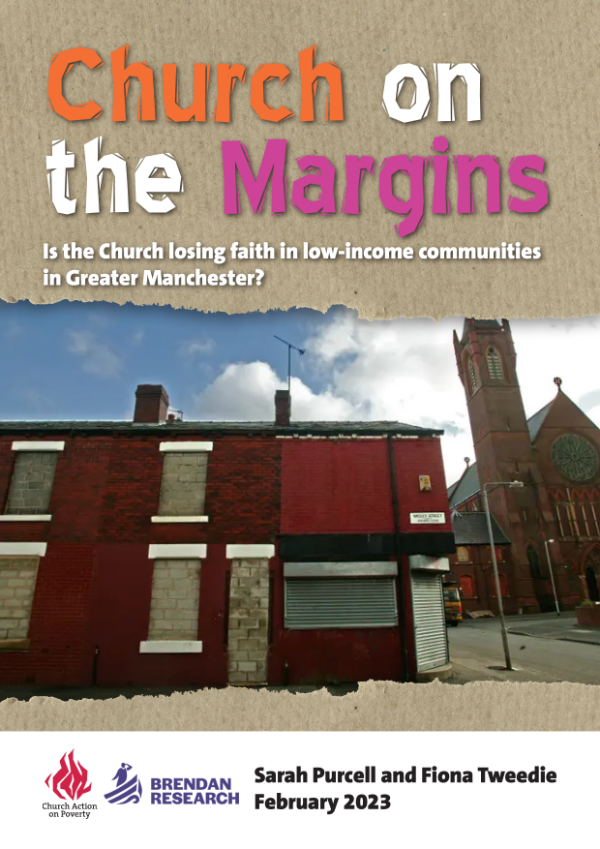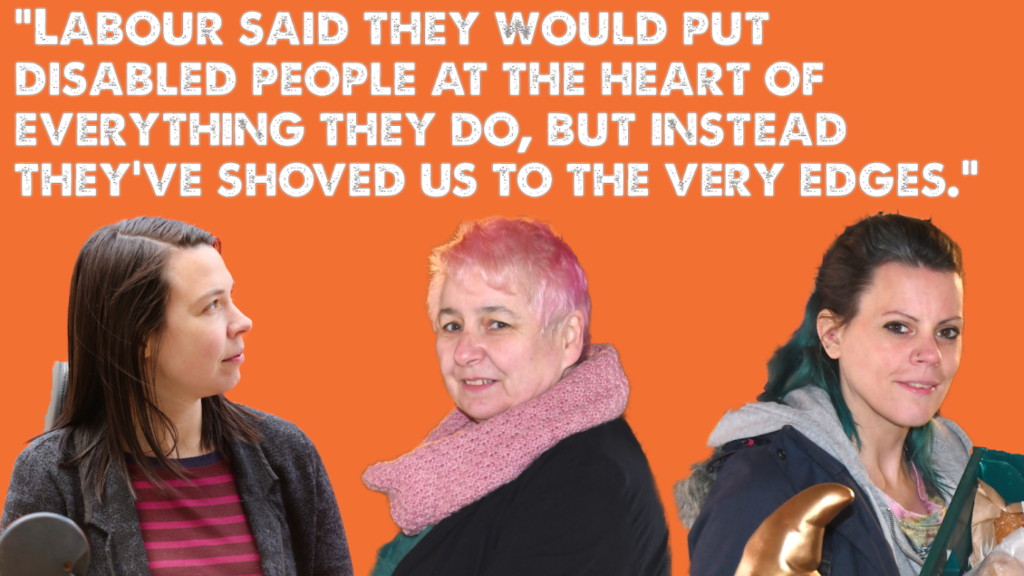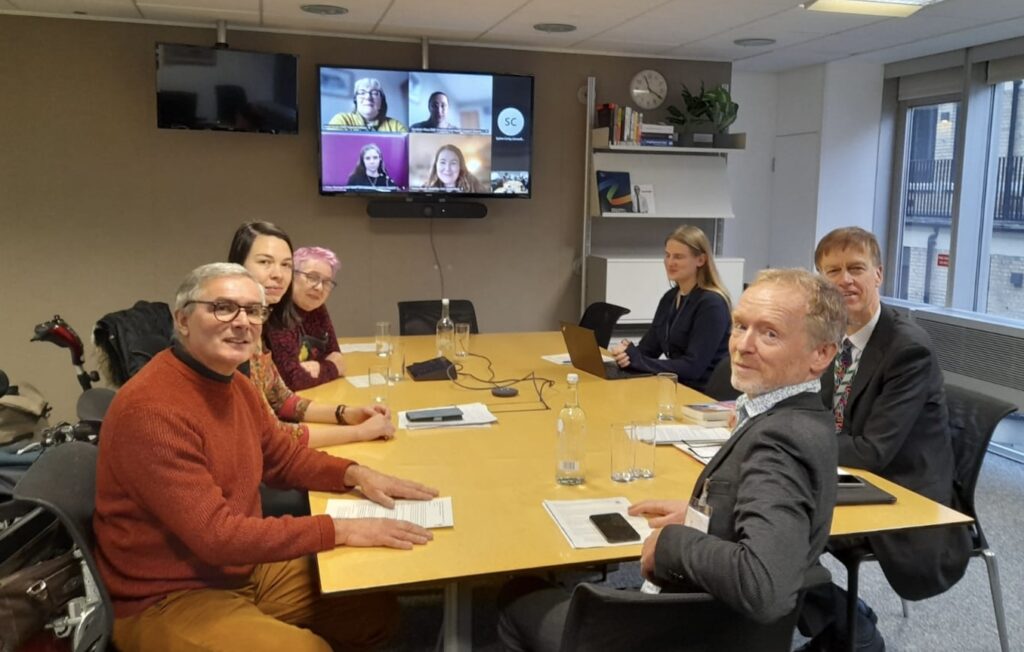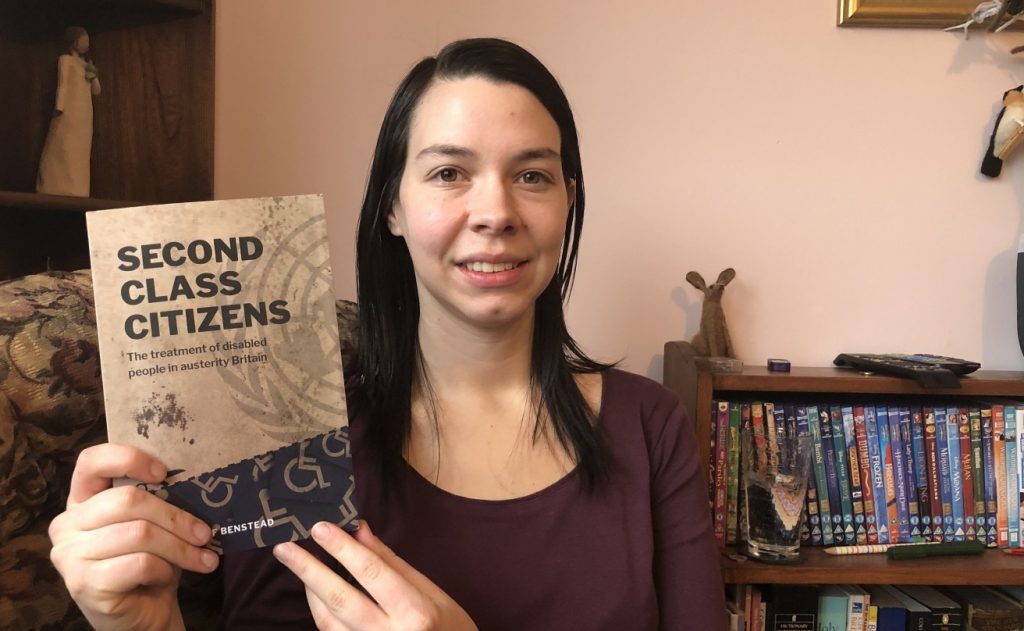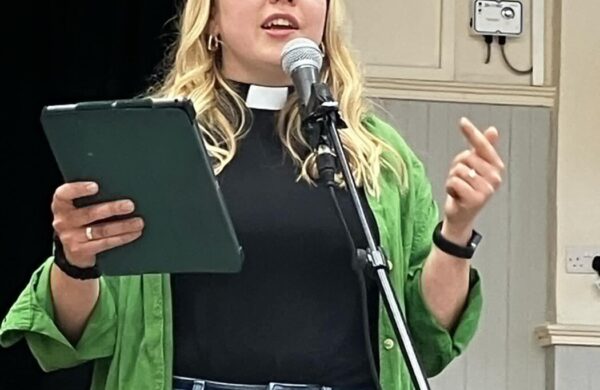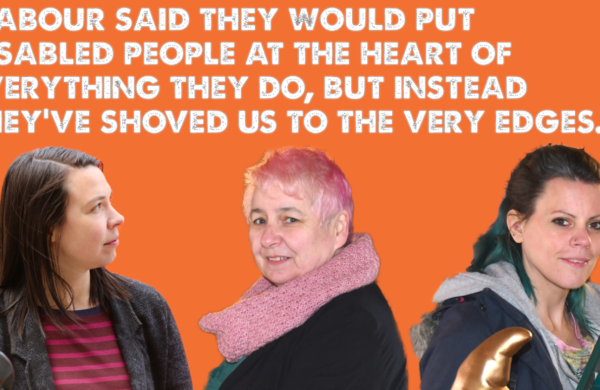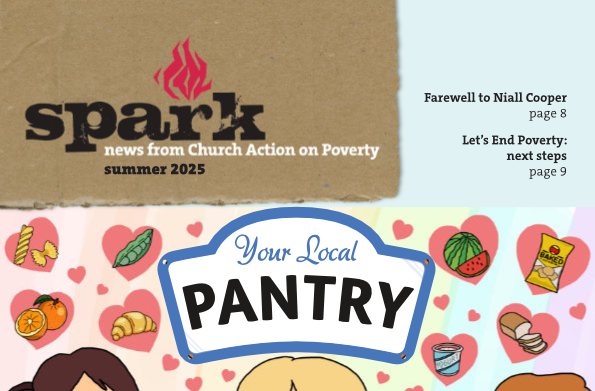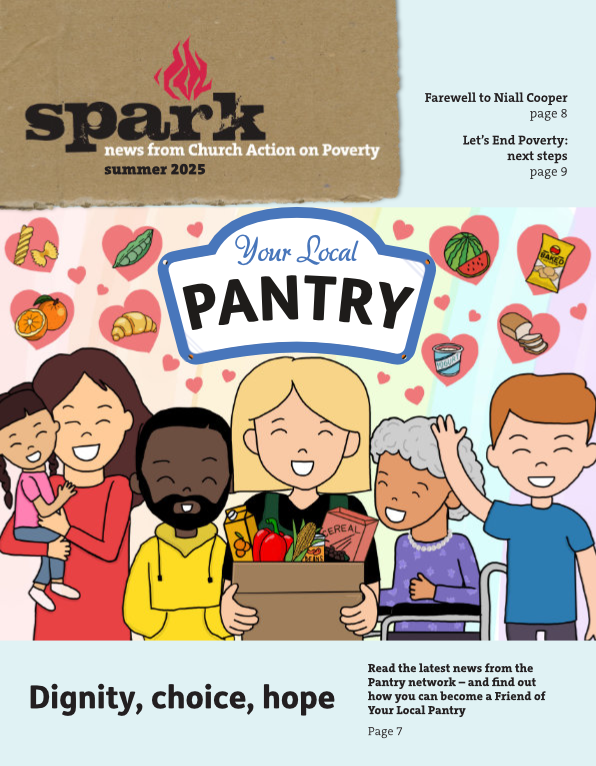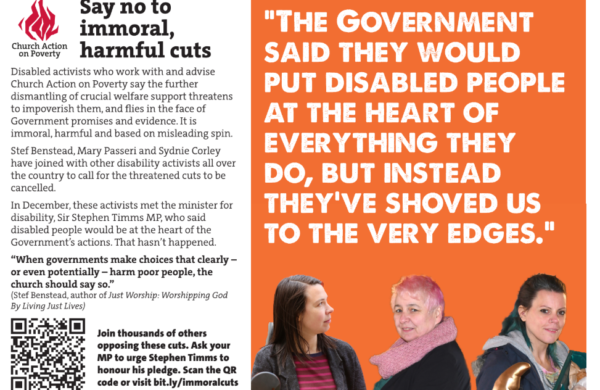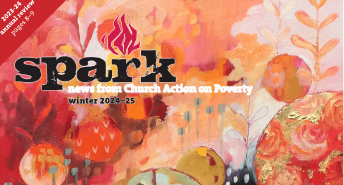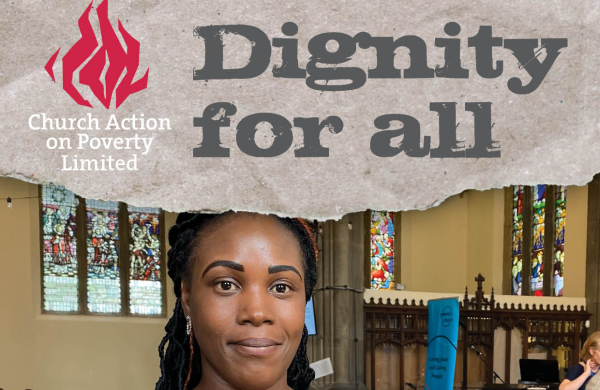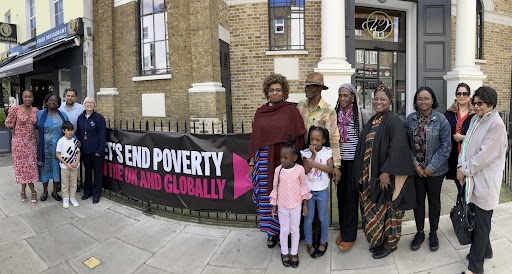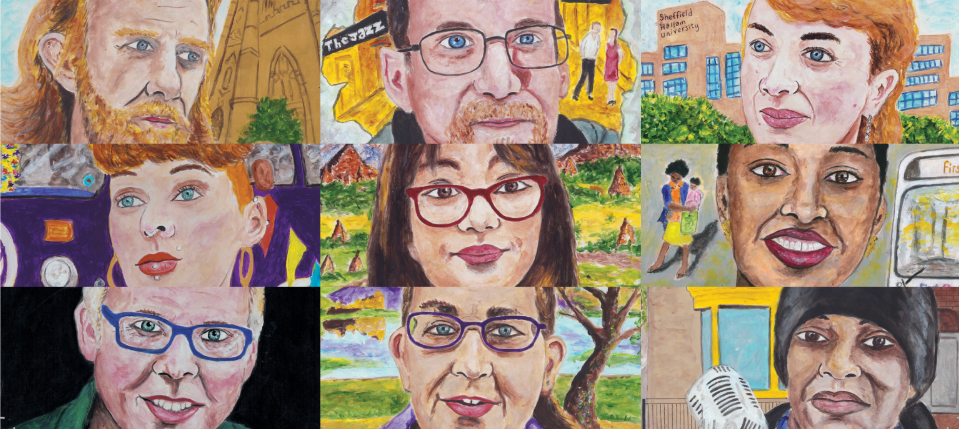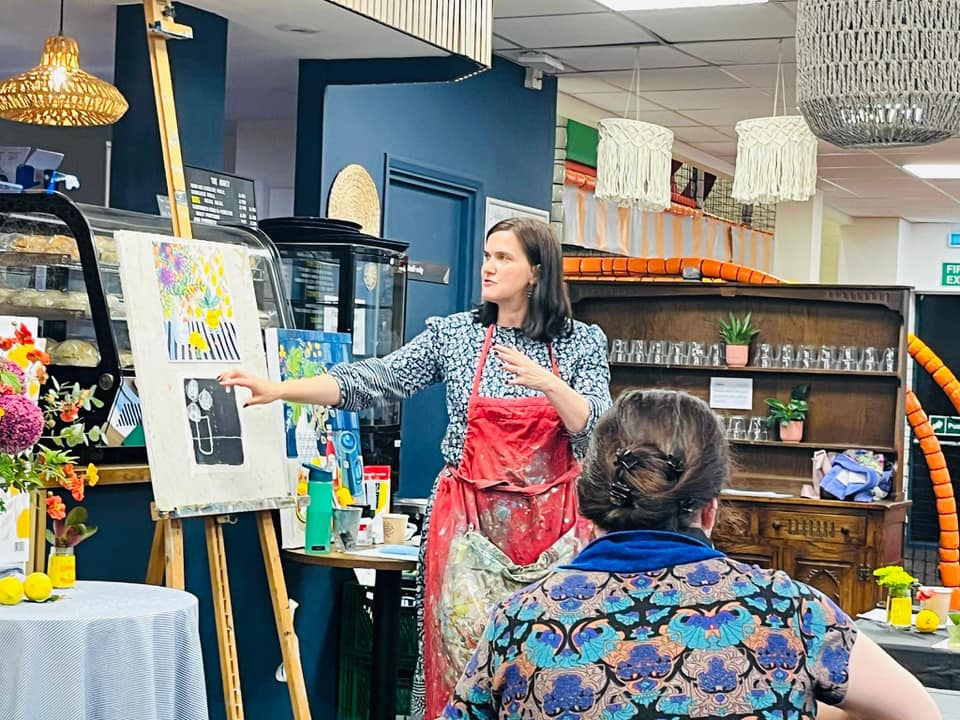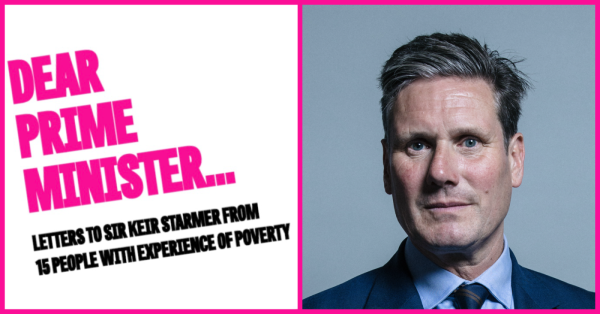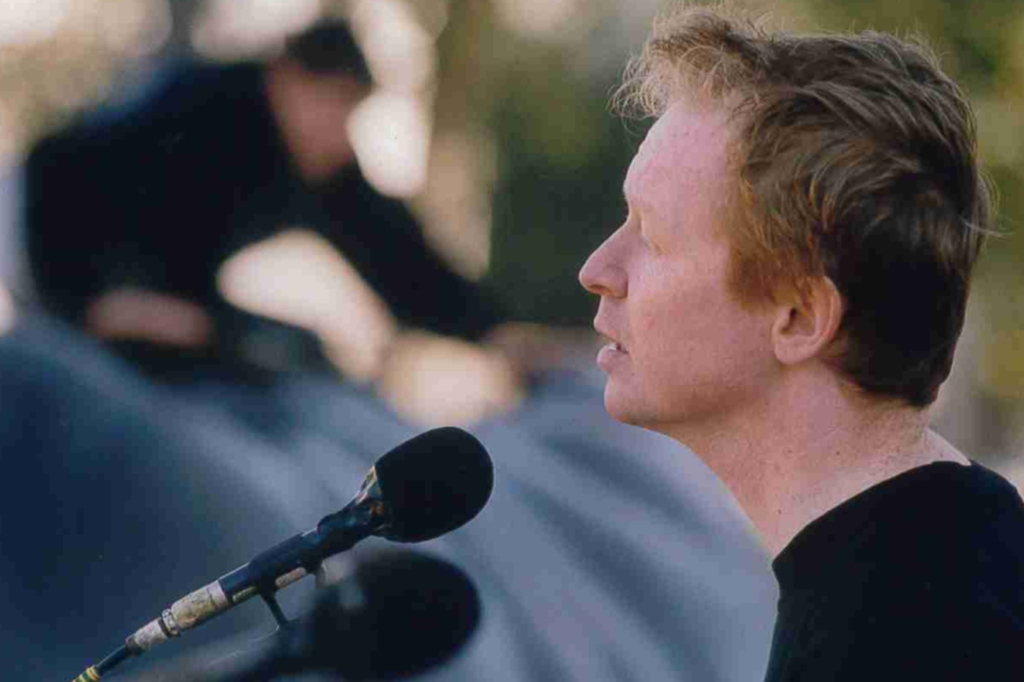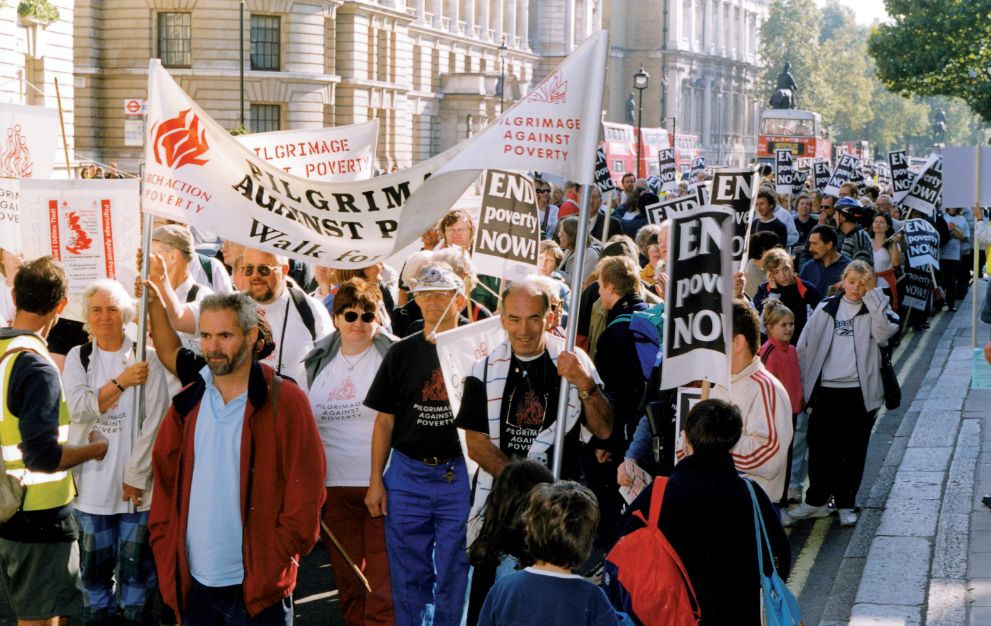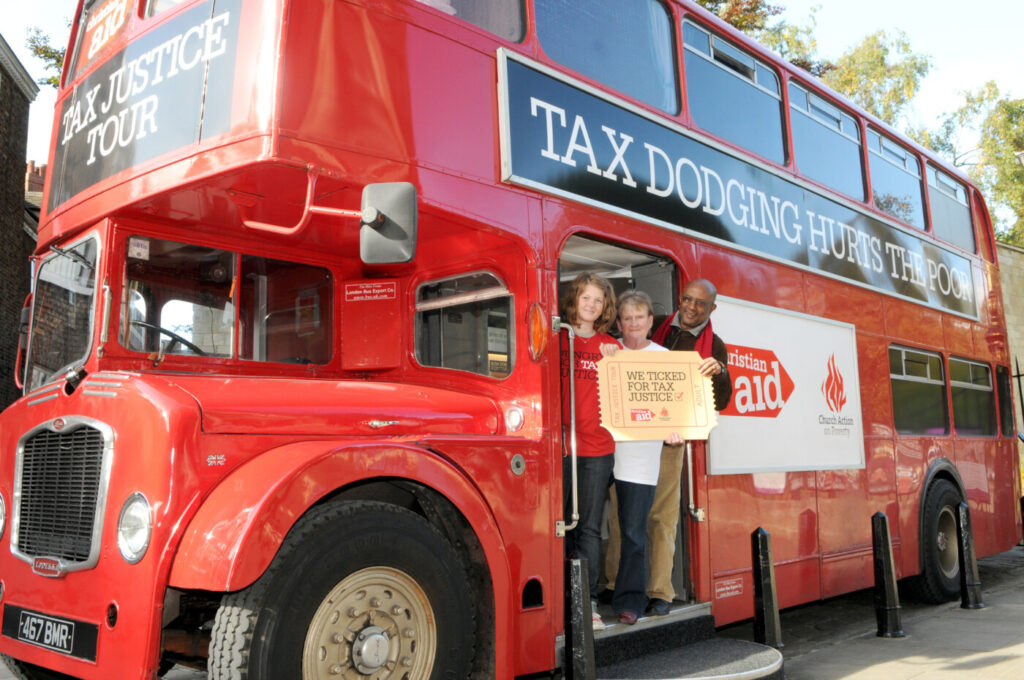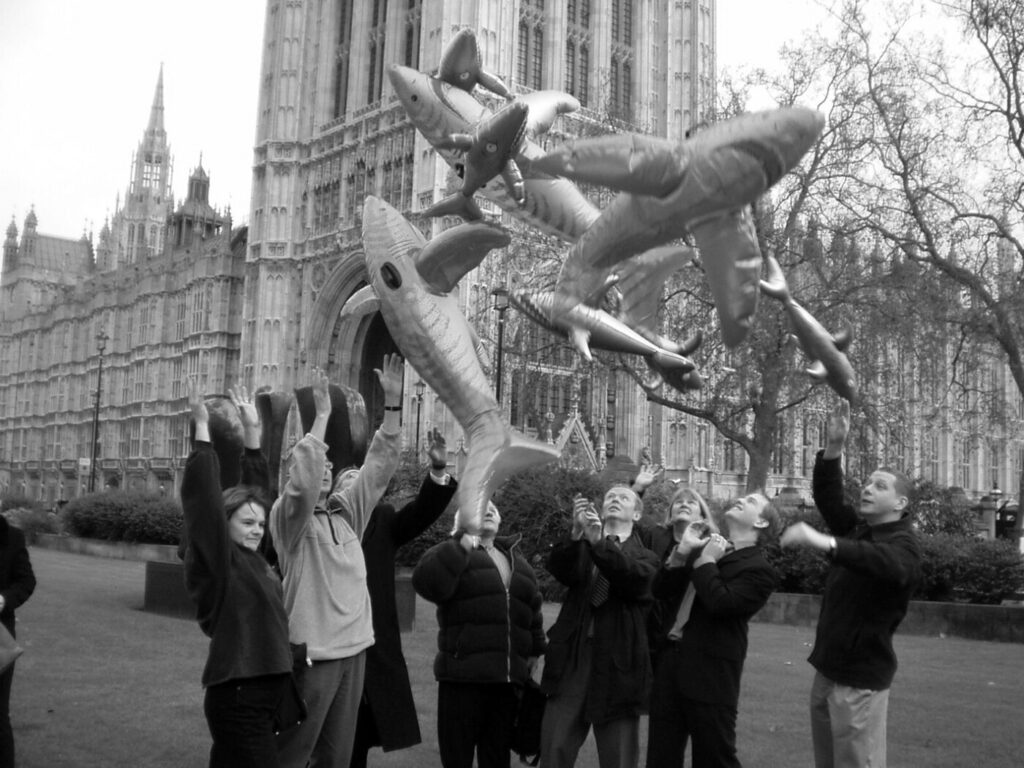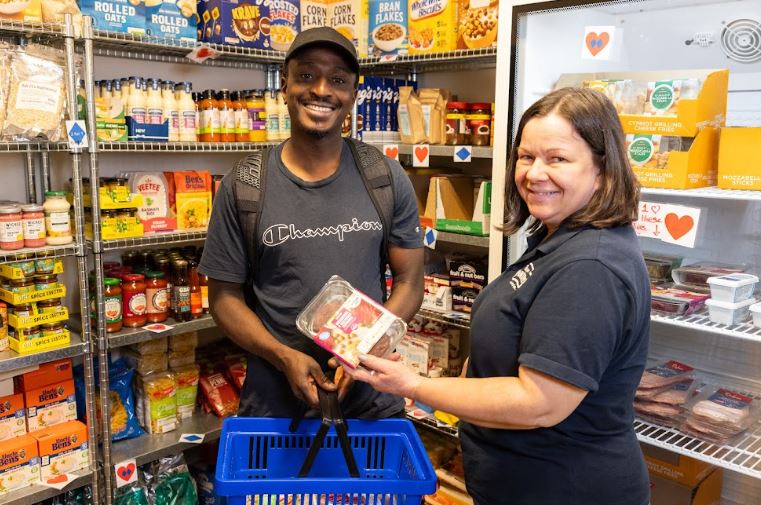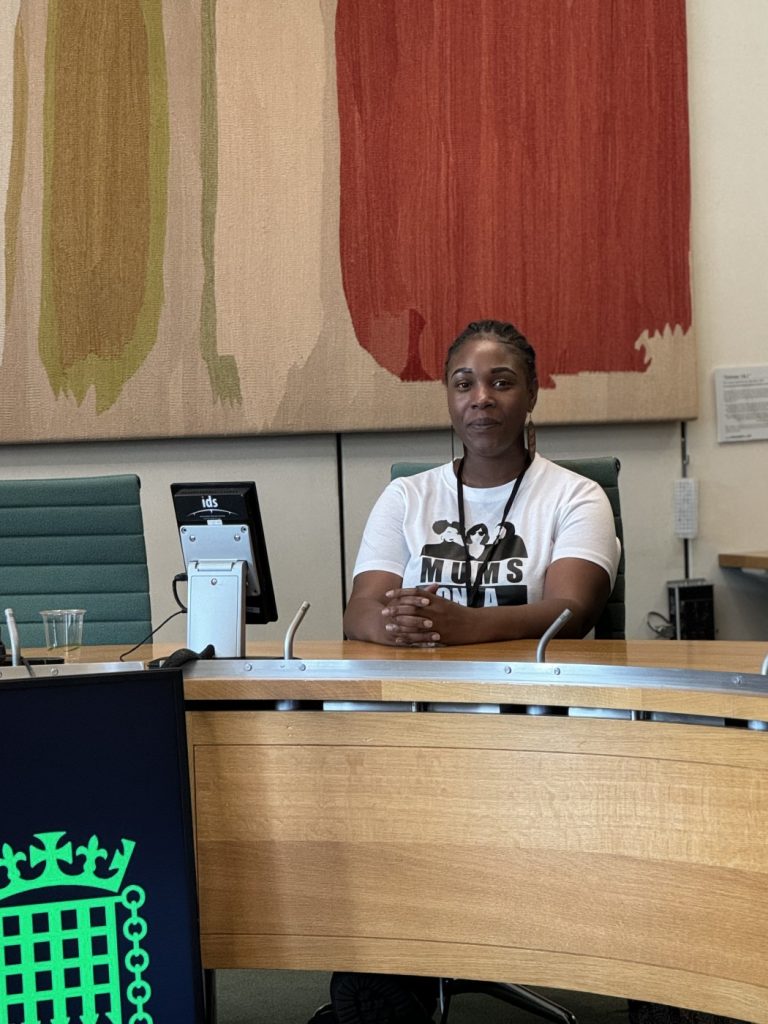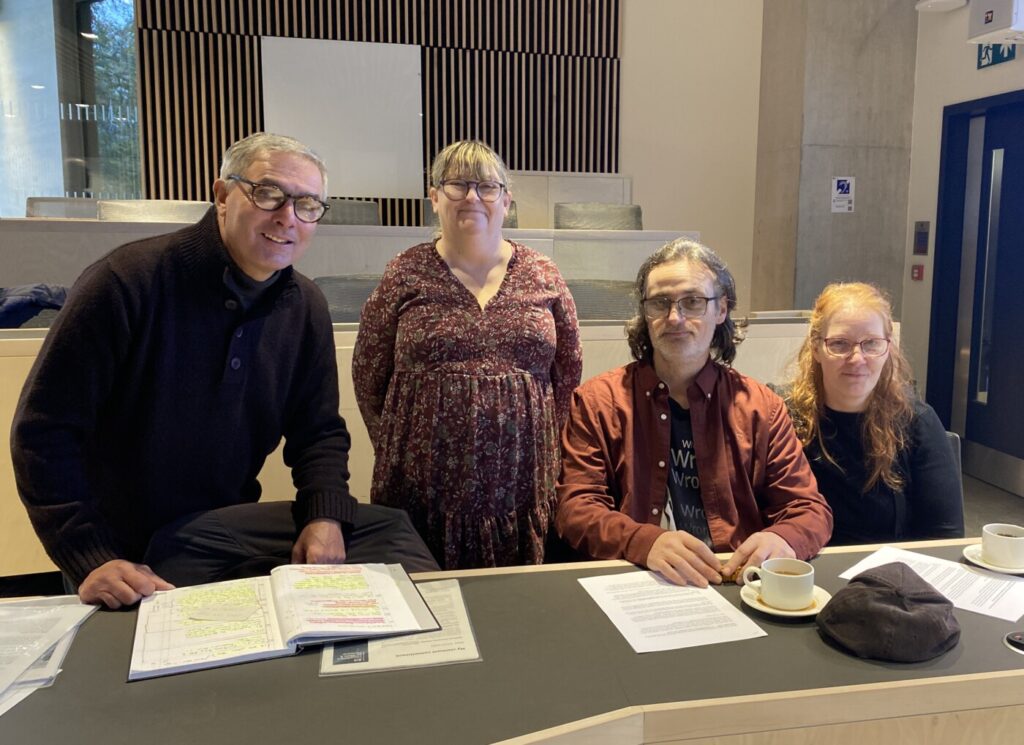Are churches losing faith in low-income communities?
David Price reports from a challenging event organised by our local group in Sheffield.
On 29 May 2025, Church Action on Poverty in Sheffield held a well-attended meeting on this subject at the Broomhall Centre in Sheffield. The meeting was held following research by Church Action on Poverty in the North West which showed that in recent years churches had closed churches disproportionately in low-income areas. The aim was to explore the place of low-income communities in churches in Sheffield and South Yorkshire more generally.
Introducing the meeting, Joe Forde, chair of the Sheffield branch, noted that it was 40 years since the Faith in the City Report had been published, expressing concern about the way in which national policies were marginalising low-income communities. While this report was produced by the Church of England, it reflected wider concerns across all the churches. We were now looking at the place of those communities in the churches today.
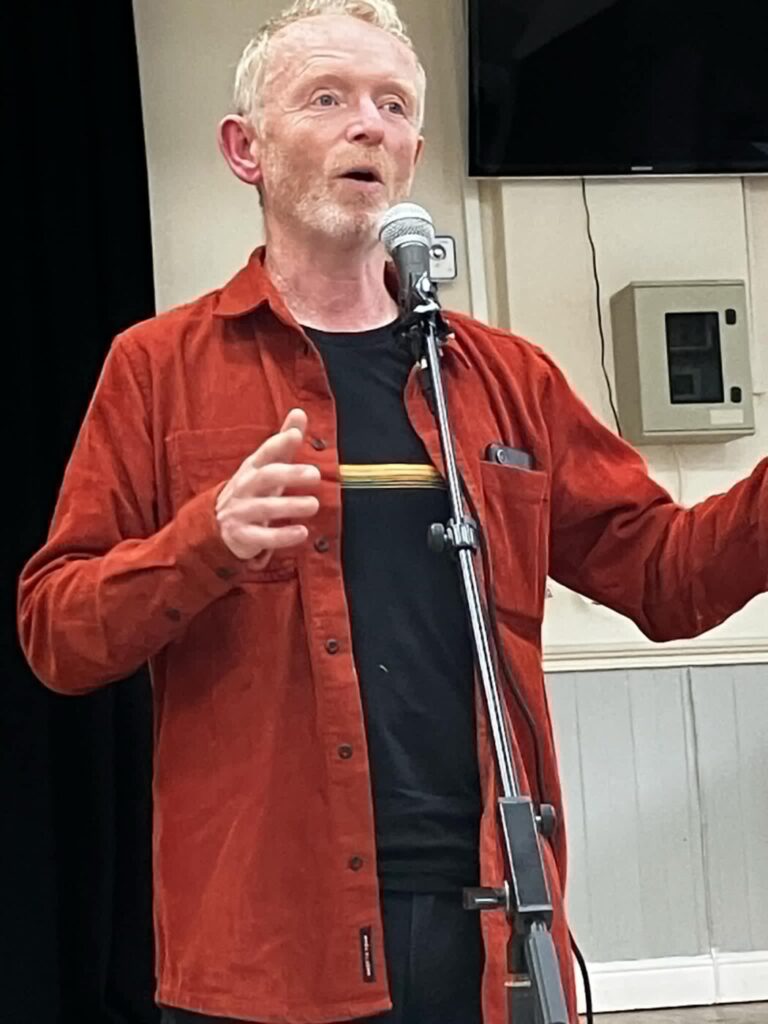
There were three speakers. The first was Niall Cooper, CEO of Church Action on Poverty nationally. It was his last public engagement in this job before he left Church Action on Poverty after 28 years. Niall felt that people in low-income communities were now in many ways in a worse position than they had been in 1985. Unemployment was lower, but the gap in our cities was greater. Average incomes had not increased for more than a decade. Child poverty had increased. Poverty was visceral – it hurt people.
Niall recalled that Pope Francis called for ‘a poor church, for the poor’. In March 2020 Church Action on Poverty decided to carry out research to find out how far the churches really were ‘for the poor’. They investigated the statistics of church closures in Greater Manchester. These showed that churches of nearly all denominations were disproportionately closing churches in low-income areas. Talking to church people produced some more positive stories, e,g. of a URC church with only six members in their 80s attending weekly services, but it kept going and many local groups used the building as a community hub. This suggested that it was wrong for denominations to make numbers at Sunday services the sole criterion as to whether a church building should be retained.
In response to a question about what was triggering the church closures, he said that it was partly money but also a middle-class mindset in church management which did not understand working-class communities. The Faith in the City report had been valuable in leading to the creation of the Church Urban Fund but it had not sufficiently changed the ethos and priorities of the churches or the training of clergy. It was important to draw on local leadership within working-class communities. Often what was needed was not a vicar, but expertise in building management, pastoral skills, etc. Joe Forde suggested that a theologically trained priest could play a valuable role in a working-class community.
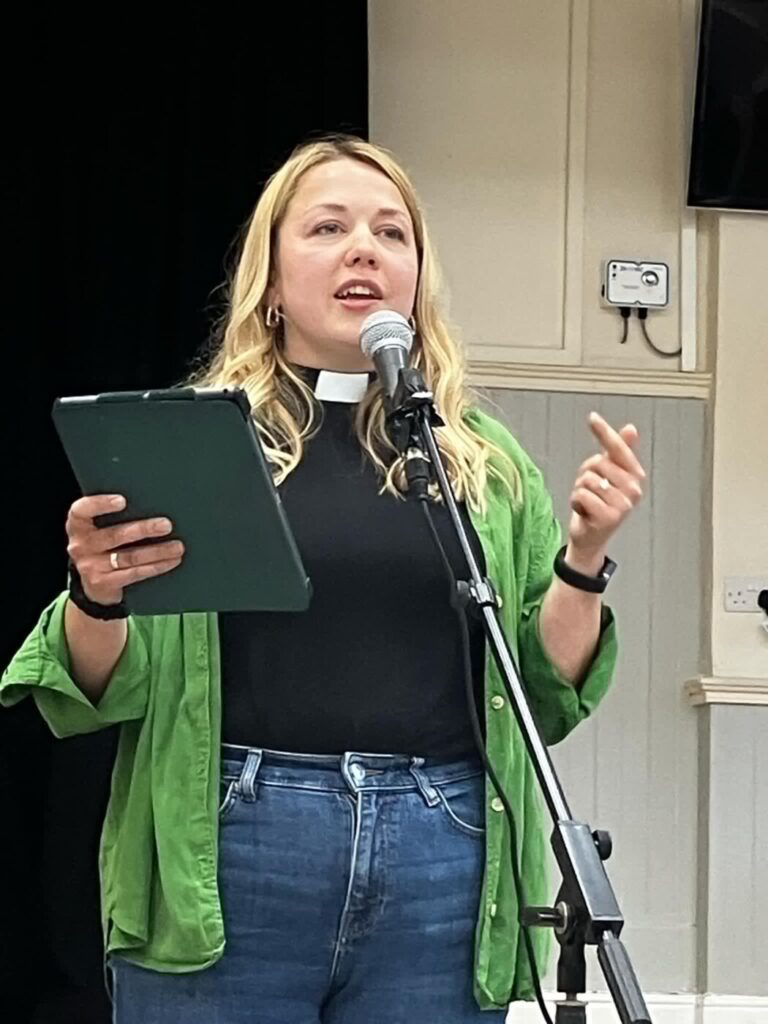
The second speaker was Revd Lucy Sablan, now Rector of the Manor parish, after four years working in Arbourthorne. Both areas had extensive council estates and had experienced ever-increasing inequality in recent decades. Some statistics suggested that the Church of England spent twice as much in middle-class areas as in low-income communities. People in low-income communities had a great deal to offer. Some suffered from trauma and could be reluctant to open up after a succession of upsetting experiences. Work was hindered by a chronic lack of resources – both money and capacity. It took time to build up confidence. There was a need for more lay workers. She quoted the Twydall Declaration from a church in a housing estate in Gillingham, Kent:
“We affirm that God is with his people who live on housing estates and is already working powerfully amongst us. The kingdom of God has already come near in our midst, and this should be cause for celebration and gratitude amongst the whole people of God. We reject the notion that social deprivation indicates God-forsakenness and its flip side that financial stability indicates God’s blessing. Housing estates are not mere objects for the charity of the rich; they are diverse communities of people across the socio-economic spectrum in which the body of Christ has taken root and in which the Holy Spirit is active.”
She stressed inclusion: when we include someone, they often will include others.
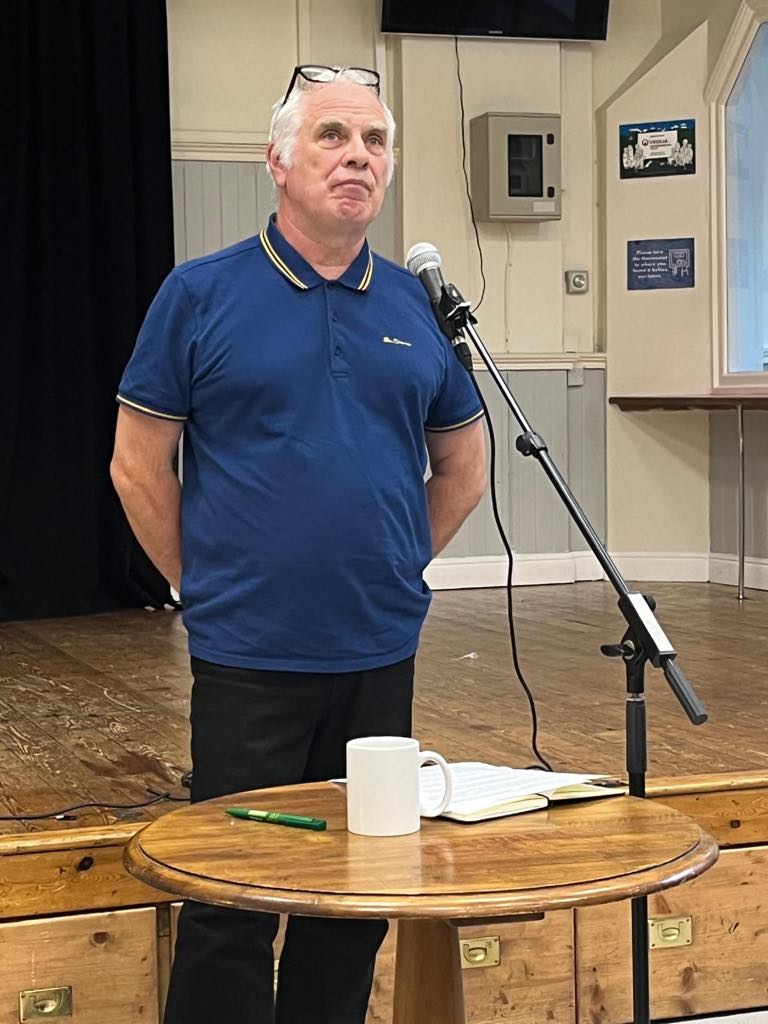
The third speaker was Nick Waterfield, a Methodist lay Pioneer minister in Parson Cross. He had worked in the area for 15 years and there had been many changes in the arrangements affecting his work. There was now a charitable body called Parson Cross Initiative Projects, offering a food pantry, music and arts groups, allotments, social cafe, all focused on the desire to improve ‘social inclusion’. He has followed a chaplaincy model and is uneasy about the idea that ‘churches do things to people’ rather than standing alongside them. He also voiced concerns at the churches’ continued and prominent role in food banks, which up until 2010 had barely existed in the UK. He saw his role as listening and allowing himself to learn from, and be ministered to as much as ministering to others. Buildings might close but the church could still be there in the people involved. He felt that neo-liberalism had led to a visceral feeling of abandonment and asset stripping in poor areas. In the churches, there was a need for redistribution of resources and to persuade middle-class congregations to share resources more.
In discussion, various points were made:
- Churches often were valuable community hubs as well as places of worship. They should be ready to be counter-cultural.
- The churches needed to ensure the suitability of their clergy selection and training arrangements for people with a working-class background.
- Those protesting about the closure of a gym in Woodhouse were encouraged to make representations to Methodist circuit and district committees.
- Church Action on Poverty, including its Sheffield group, tried to act as a lobby in support of low-income communities within the churches. People were invited to join.
In conclusion, Joe Forde thanked the speakers and contributors to the discussion and in particular offered good wishes for the future to Niall Cooper.

